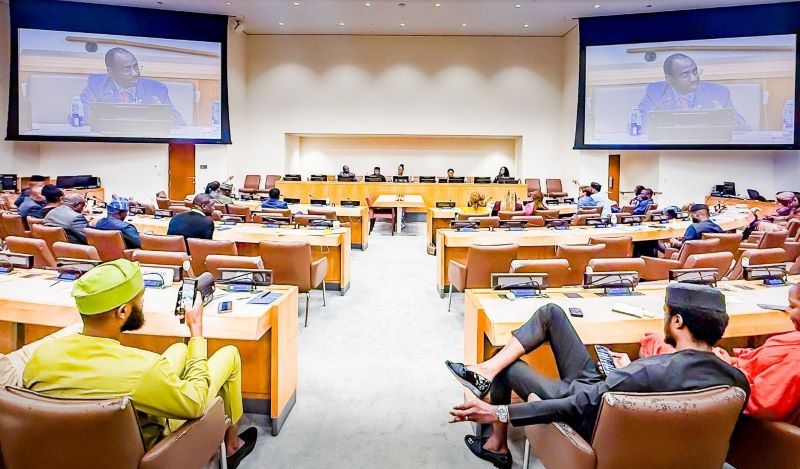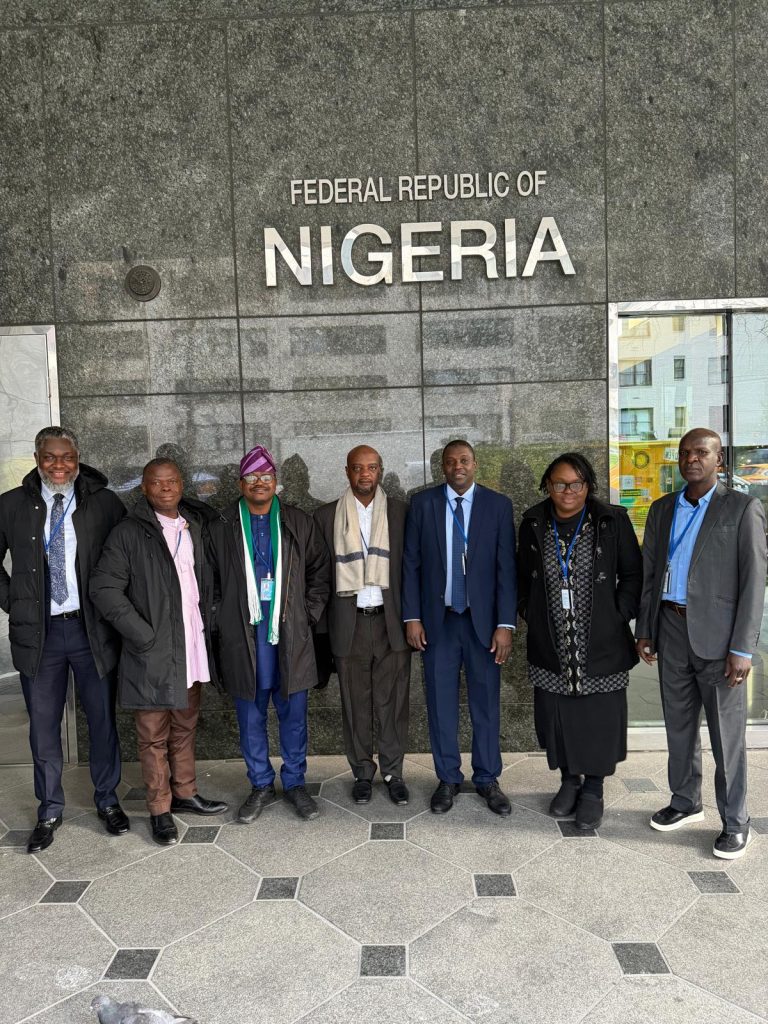
Nigeria’s strides in digital identity and public infrastructure took centre stage at the United Nations during a high-level panel discussion themed “Cooperation by Design: The Power of Identity to Unlock Development”, organised by the National Identity Management Commission (NIMC).
Speaking at the event, the Director-General of the National Information Technology Development Agency (NITDA) reaffirmed the agency’s vision of building a digitally empowered Nigeria where inclusive growth is driven by innovation and anchored on people.
He noted that digital identity is the cornerstone of participation in the digital economy, enabling citizens to securely access services, exercise their rights, and unlock new opportunities. With identity and payment infrastructure already in place, he said the ongoing development of a national data exchange layer represents the “final piece” of Nigeria’s Digital Public Infrastructure (DPI) puzzle. Together, these systems provide trusted, interoperable services and foster cross-sectoral and cross-border cooperation.

The DG highlighted NITDA’s horizontal role across sectors such as health, education, agriculture, finance, and governance, stressing the agency’s responsibility to provide standards, regulatory guardrails, and innovation-friendly frameworks. According to him, these measures ensure that emerging technologies are deployed responsibly, strengthening trust, safeguarding rights, and maximising socio-economic impact.
He also underscored Nigeria’s robust legal and policy ecosystem, citing the Nigeria Data Protection Act (NDPA 2023), the Nigerian e-Government Interoperability Framework, and the Nigerian Enterprise Architecture. These instruments, he explained, are designed to enhance trust and seamless integration across systems.
On the future of innovation, the DG pointed to the transformative potential of Artificial Intelligence (AI). He stressed that with responsible governance, inclusive datasets that capture all citizens, and algorithms designed to reduce bias, AI can amplify the impact of identity systems in driving inclusion, sustainability, and shared prosperity.




